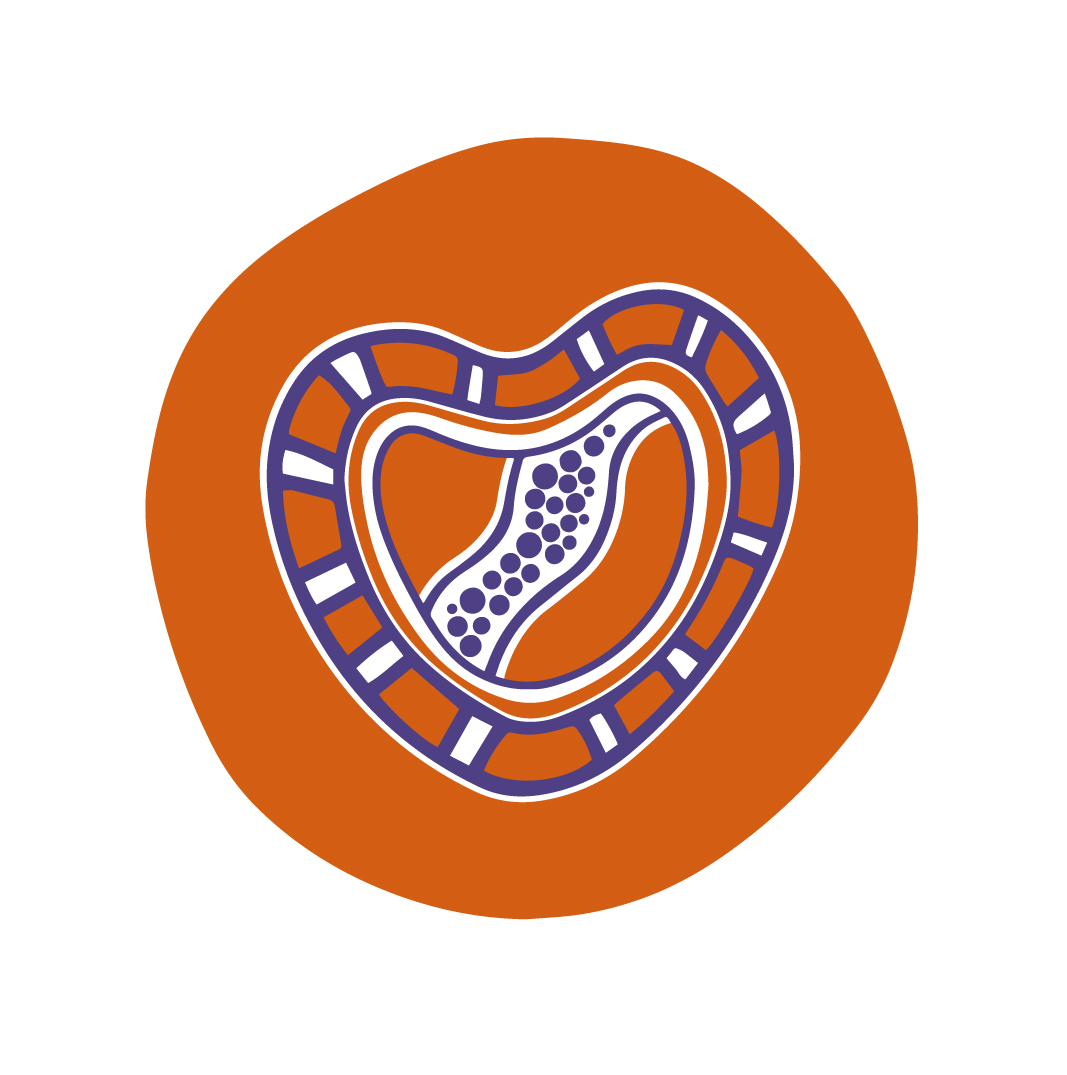Search

We’ve linked some helpful resources to assist you in your journey to healthy screen time habits in and outside of your household.

View a collection of published research from The Early Start Screen Smart Program.
The Early Years Partnership is a 10-year (2018-2028) partnership between the WA State Government (Departments of Communities, Health, and Education), Minderoo Foundation and The Kids Research Institute Australia as the evidence and evaluation partner.
Liz Tim Davis Jones MBBS FRACP PhD MBBS DCH FRACP MD Co-director of Children’s Diabetes Centre Co-head, Diabetes and Obesity Research Co-director of
Tom Snelling BMBS DTMH GDipClinEpid PhD FRACP Head, Infectious Disease Implementation Research 08 6319 1817 tom.snelling@thekids.org.au Head,
This study aimed to evaluate and compare the effectiveness of two brief written anti-stigma resources.

The END RHD CRE will undertake a number of projects across several disciplines of research including epidemiology, biomedical sciences; implementation and translation; and understanding the RHD community with a special focus on documenting the experiences of those living with the disease.
Andrew Desiree Gail Kandice Videos Whitehouse Watch and listen to Andrew Silva Alvares Varcin PhD MBBS, FRACP, MPH, PhD PhD M.Psych (Clinical), PhD
Helen Yael Morgan Perry BA (Hons), Doctor of Psychology BPsych (Hons) MPsych (Clin) PhD Senior Project Coordinator Head, Youth Mental Health 08 6319
Mental health problems are prevalent in working populations worldwide. Researchers attribute many of these issues to rising work pressures, which can lead to the development of conditions such as depression, anxiety, distress, and burnout.
